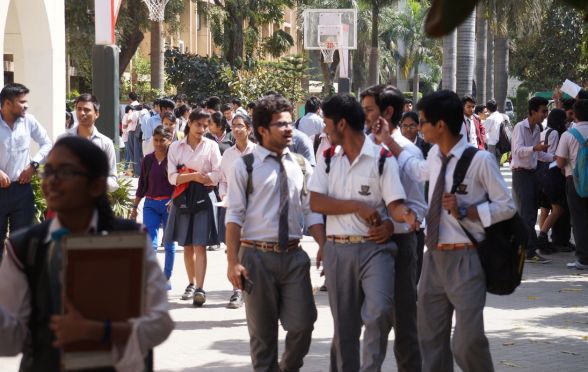ICSE 2025 Preparation tips: Last minute expert guidance to ace in English Literature


With just a few days left for the Class 10 ICSE examinations to begin, the students are already in the last leg of their preparation. The Council for the Indian School Certification Examinations (CISCE) will be conducting the Class 10 examination from February 18. To help students in the final stages of their preparation, The Telegraph Online Edugraph spoke with educators and experts to guide them in overcoming this challenge.
For English Literature, we spoke with Educator Tithi Chakraborty from at Augustine's Day School, Shyamnagar who shared her valuable insights and explained the key focus areas of the subject and the correct approach to be followed while answering the question paper.
"Students will have to answer the Multiple Choice Questions based on the several parameters including recall, understanding, ananlysis, evaluation, interpretation and application. In case of MCQs, both correct option number and the answer should be mentioned," said Educator Tithi Chakraborty.
"In case of RTCs, students should answer keeping the context in mind and provide important key words from the text. Answers must be written in a concise manner and must cater specifically to what has been asked in the question. In case of anlytical questions, students should analyse the situation, character or relationship based on the facts given in the text and then put forward their views with proper justification," she added.
She also advised students against ignoring the background information on the poet/writer given before each text.
"In case of poetry, students should have a clear idea about the central and peripheral theme(s), central message, literary devices, mood, tone, ending, form of the poem and so on. For prose, students should keep in mind the setting, plot, characters, theme(s), alternative ending and so on," she said.
"In case of Drama, the entire text should should be read properly, with special emphasis on important dialogues and soliloquies. Also, students must read short stories and poems as there is no scope of selective studying," she added.
Talking about answering the competency based questions, Tithi Chakraborty said, "Students should be able to read between the lines. They must be able to answer why something has happened and how something happens rather than knowing what and when something happened."
For time management during the exam, she advised students to utilise the 15 minutes of reading time and also allot some time for revision. Students should answer all parts of an extract in the given order before proceeding to the next extract. Every answer should begin on a fresh page and unnecessary and irrelevant matter should be avoided.
"In the final days before the exam, students should practice MCQs, read the texts and focus on key points for prose and poetry. In drama, important references should be studied and student should avoid reading summarised versions of texts and scenes during this time," she concluded.